Eleven years ago, in the fall semester of 2009, nearly 600 students who identified themselves as Hispanic or Latino attended Marquette as undergraduates. After the most recent fall semester, that number is now over 1,400 Hispanic and Latino students.
“It’s very important for me to see Hispanics at Marquette,” Carlos Alba, a first-year in the College of Education, said. Alba said he identifies as a Hispanic student.
“Marquette has definitely opened my eyes and has allowed me to cherish my culture,” he said. “Coming to a school that’s majority Caucasian, all of a sudden, my culture becomes so important to me.”
With the increasing number of Hispanics and Latinos on campus, Marquette is working toward becoming a Hispanic Serving Institution. This was stated in a recent email by Provost Kimo Ah-Yun sent to faculty and staff.
“(Marquette) continues to make progress toward achieving the Hispanic Serving Institution Designation,” Ah-Yun said in the email. “In the past five years, the number of Hispanic students being educated at Marquette has grown by over 50% and has doubled in the past five years.”
The term HSI is a federal designation that is given to two-year and four-year institutions that enroll a significant amount of low-income students and have a Hispanic population of at least 25%. This is in accordance with the Higher Education Act. The act, according to the American Association of Collegiate Registrars and Admissions Officers’ official website, is legislation that provides resources to universities to provide financial assistance for students pursuing higher education.
According to a 2018 report by the American Council on Education, four-year HSI institutions helped students who came from the lowest income percentile come to the top income percentile after graduation at faster rates than institutions who did not have the designation.
In the United States alone, data from the Hispanic Association of Colleges and Universities website states that there are over 500 HSI designated universities. Some of the universities on this list include Roosevelt University, Cambridge University and Arizona State University. Marquette would not be the first Jesuit university listed as St. Peters University in New Jersey became an HSI more than 20 years ago, Jacki Black, associate director of Hispanic Initiatives, said. Black also said Marquette would not be the first HSI in Wisconsin as Alverno College became an HSI previously.
In fall 2018, Loyola University’s first-year class was 18% Hispanic students, according to its website. DePaul University’s 2018 first year class was 21.6% Hispanic/Latino, according to its website.
As for the progress Marquette is making, data from Marquette’s Office of Institutional Research, states that Hispanic/Latino student attendance in the 2009 fall semester was 6% of the student body, and has risen to 12% during the 2019 fall semester.
“Diversity benefits everyone and promotes innovation,” Black said in an email. “The more ideas and perspectives we can bring to campus, the better poised we are to solve the complex problems of living in a globally interconnected society.”
The HSI designation can also provide financial support to the university as well. It would allow Marquette to receive “Title V Benefits,” which are federal funds that are given to certain colleges and universities that help improve education and create beneficial programs for all students at HSIs, Black said.
Black said these funds help “expand and enhance the academic offerings, program quality, and institutional stability,” therefore benefiting the institution as a whole.
Brian Troyer, dean of admissions, said though this goal seems like a huge milestone, there will always still be work to do.
“This is never going to be a box that we check off,” Troyer said. “Even if we achieve this HSI designation, our work will not be done.”
A previous version of this story incorrectly stated that Marquette would be the first Jesuit university and first university in Wisconsin to become an HSI if it were to become one. St. Peters University in New Jersey was the first Jesuit university to become an HSI and Alverno College was the first in Wisconsin. The story also incorrectly stated that “Title V benefits” are federal funds that can help create beneficial programs designated for Hispanic students, when the funds are designed to improve HSIs for all students. The Wire regrets these errors.
This story was written by Ben Wells. He can be reached at benjamin.wells@marquette.edu.

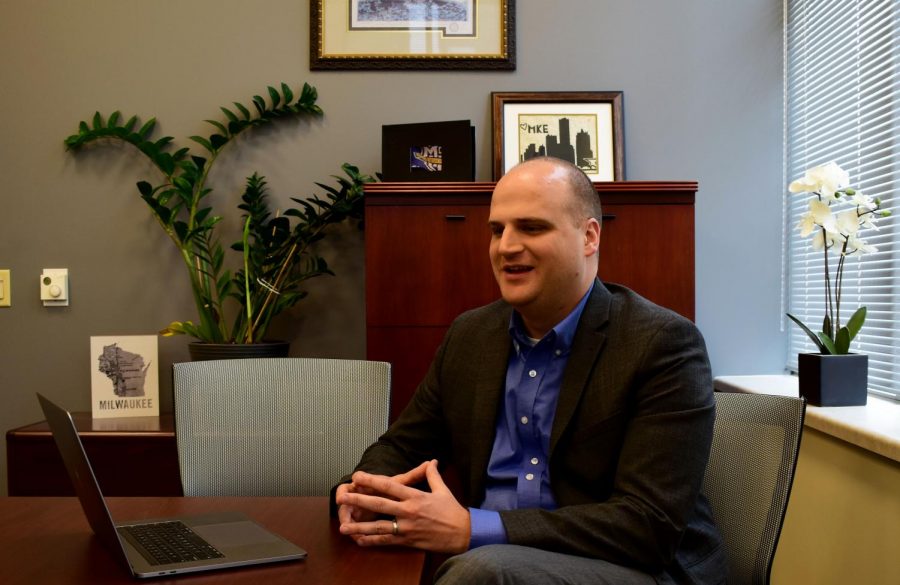

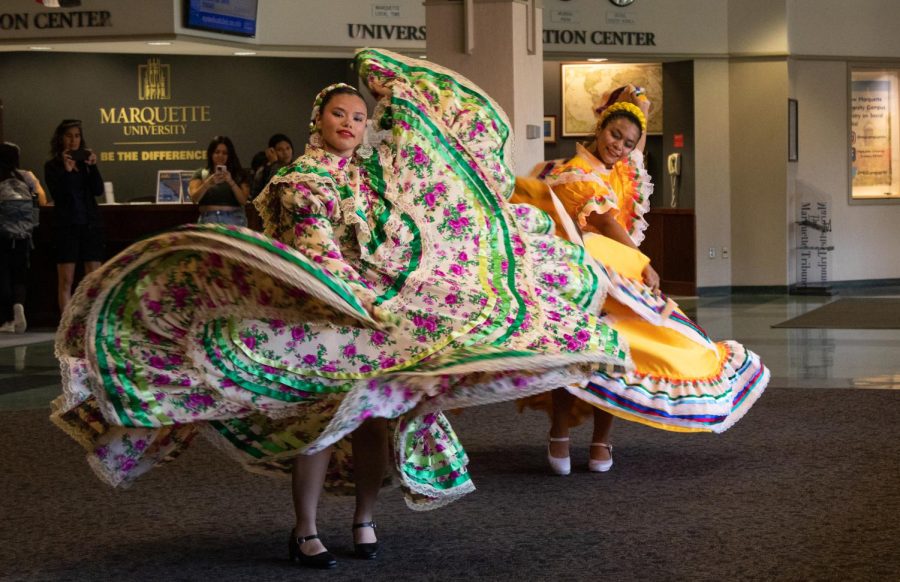
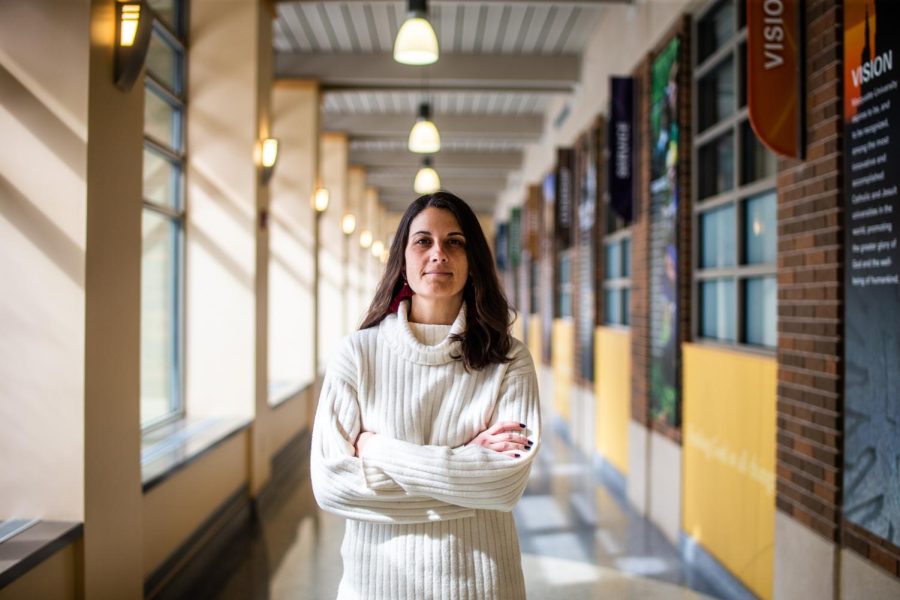
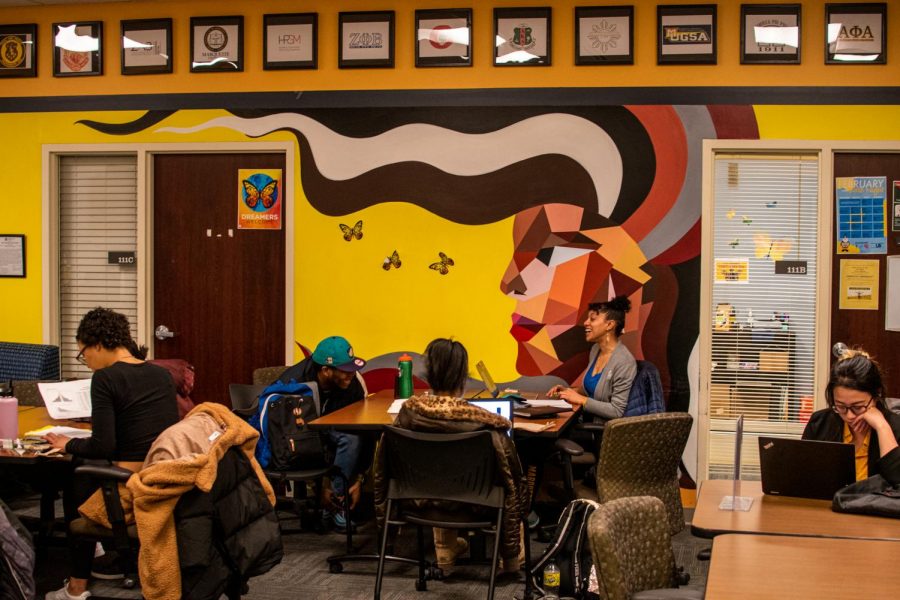
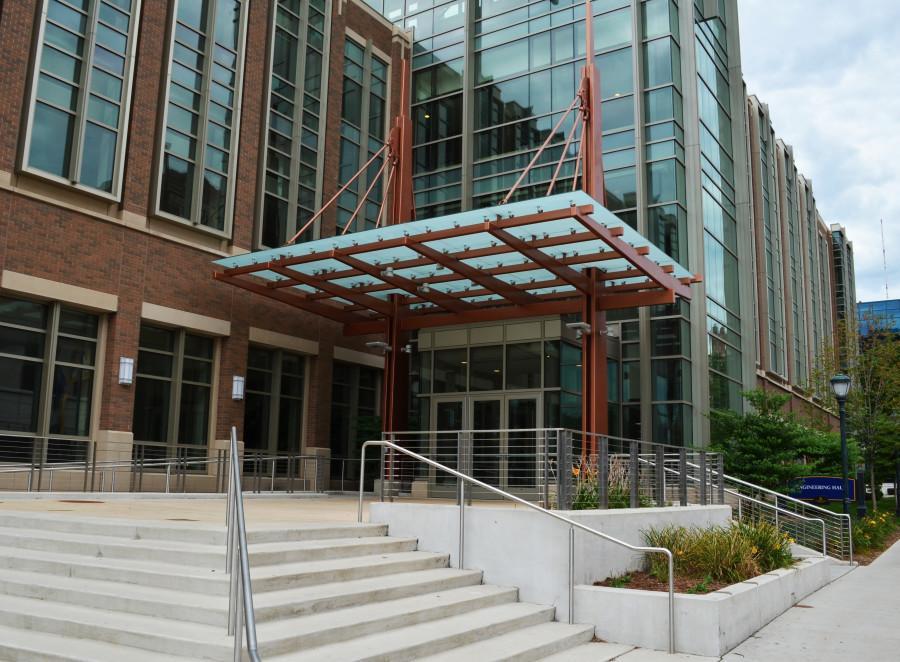
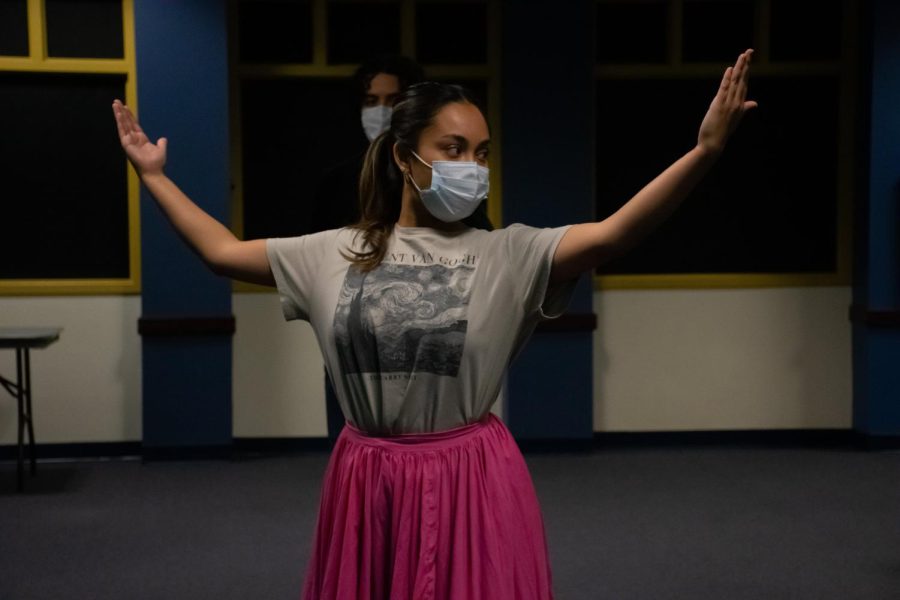
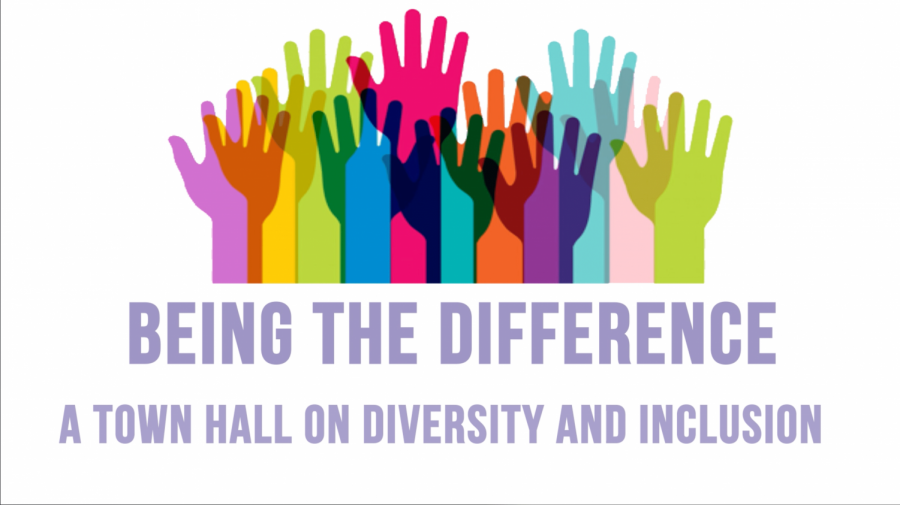

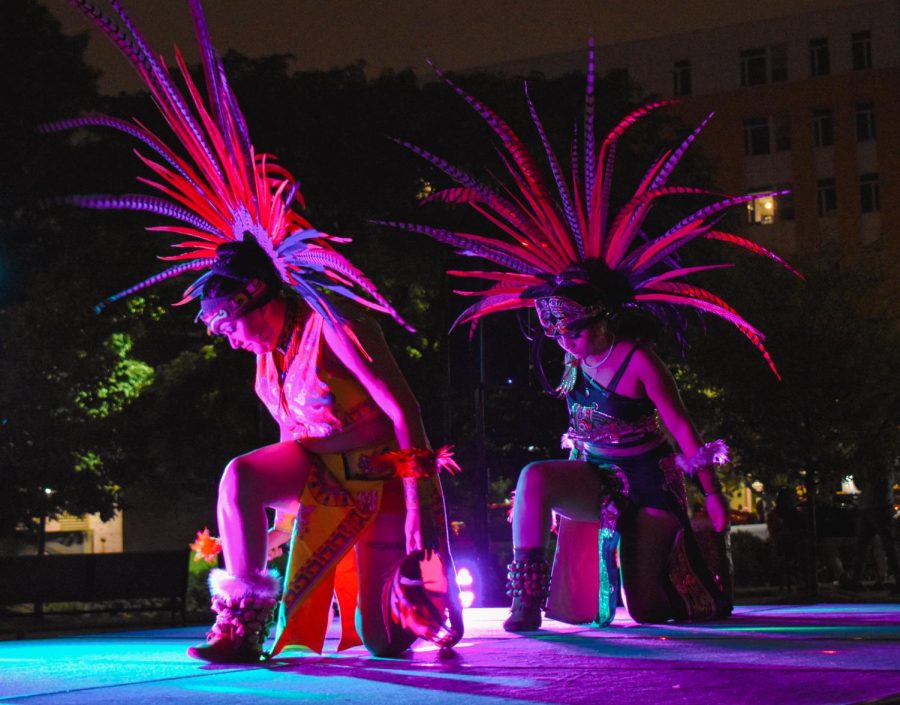
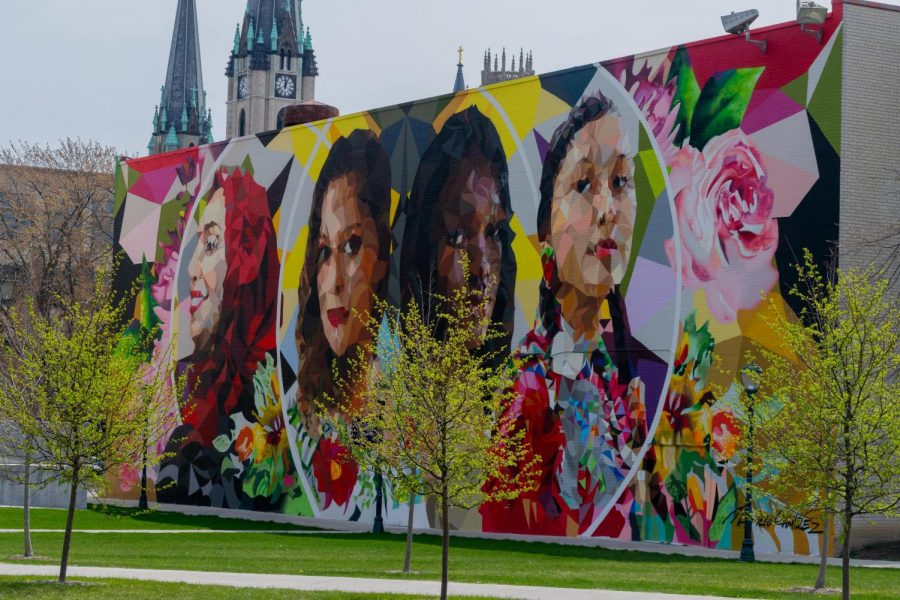
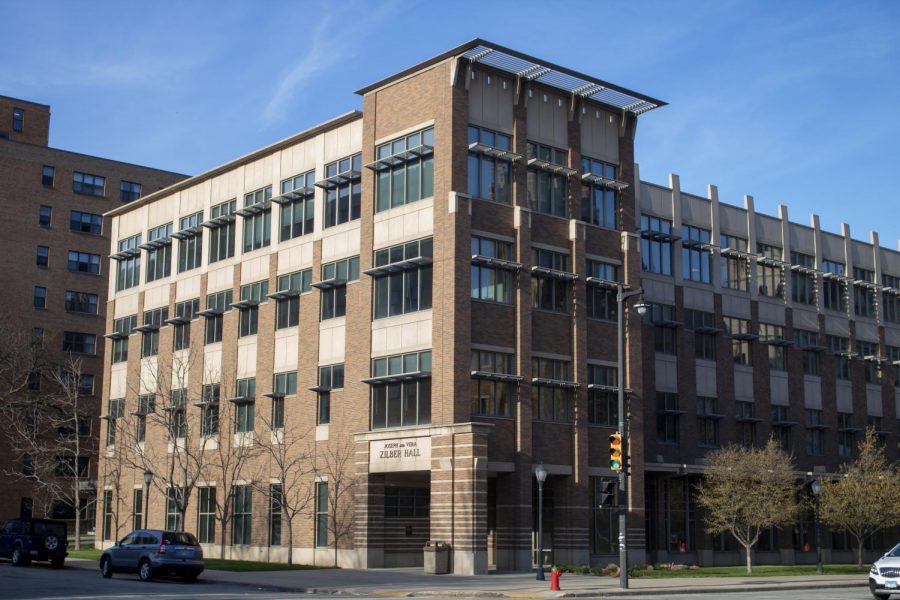
Aly • Feb 6, 2020 at 11:12 am
So much of this article is factually incorrect in terms of defining what an HSI is. Please do your research before publishing information (or rather, misinformation) about what the university is doing, this is truly a poor reflection of journalism.